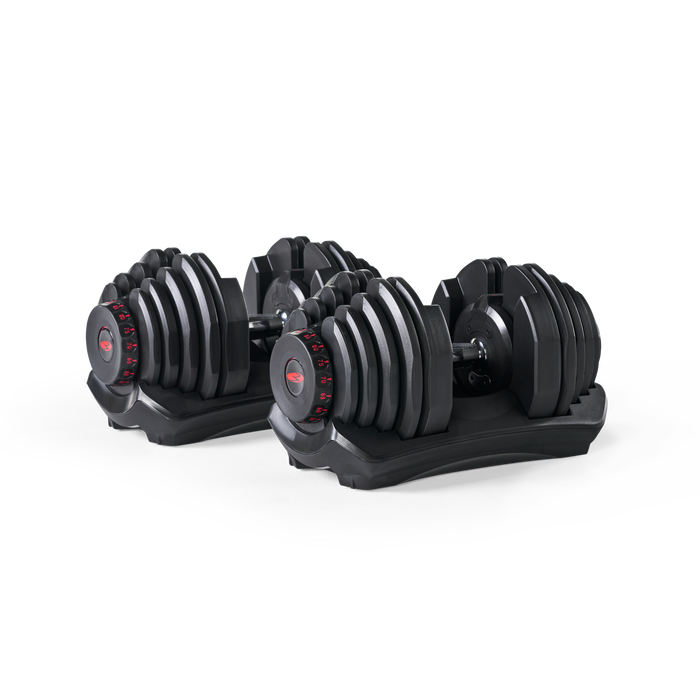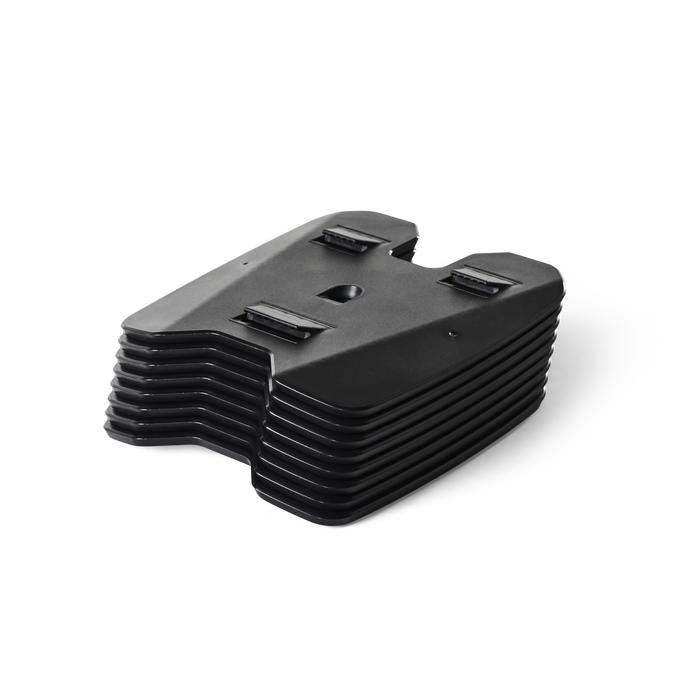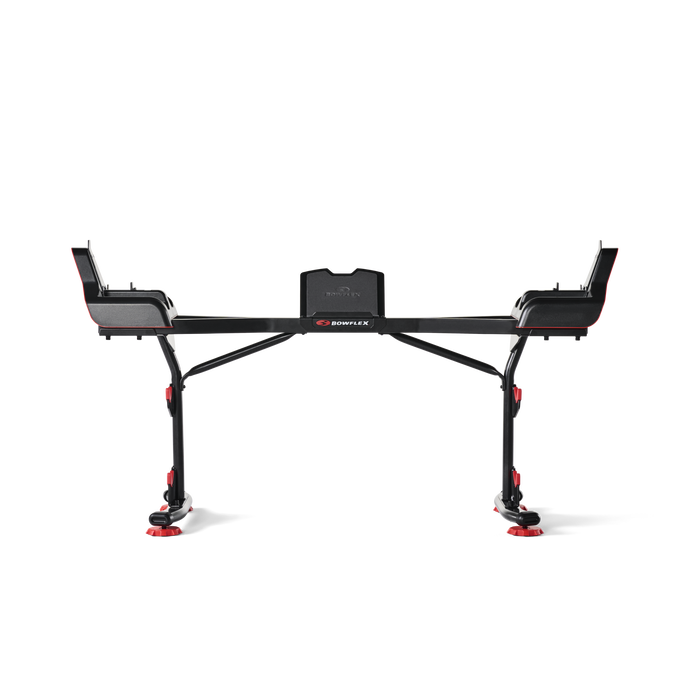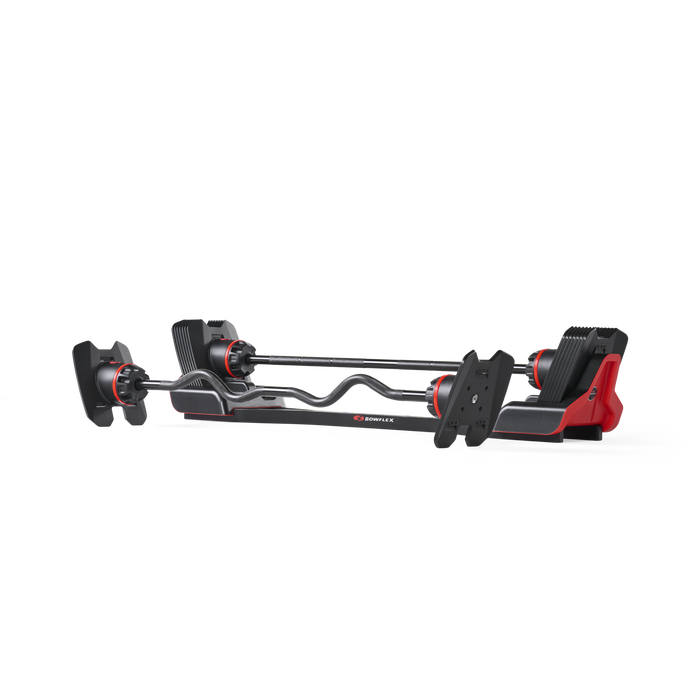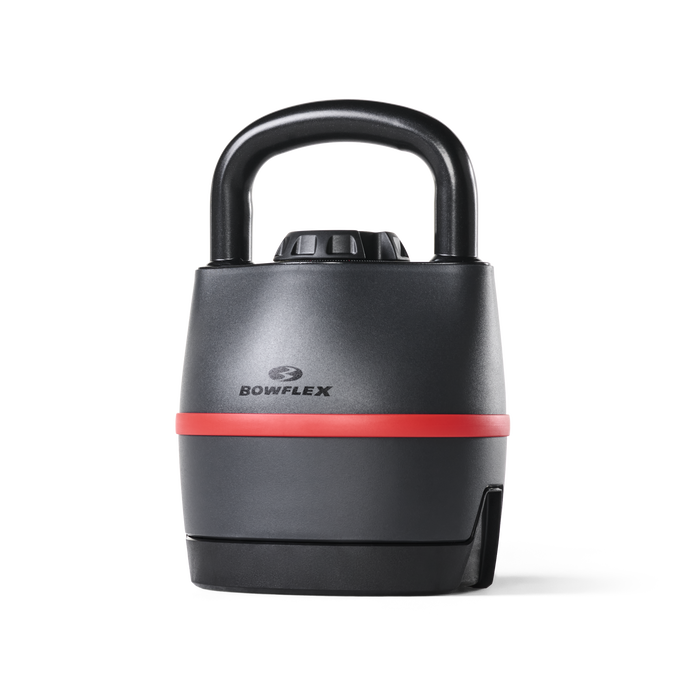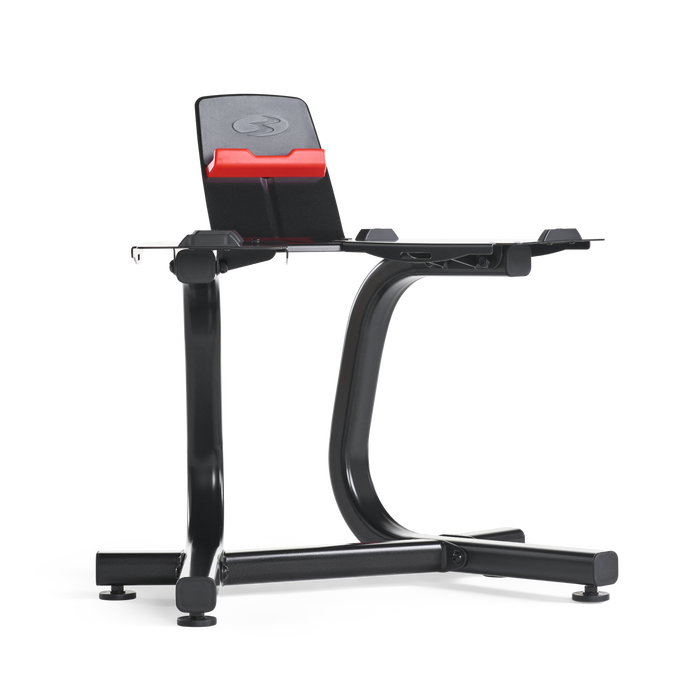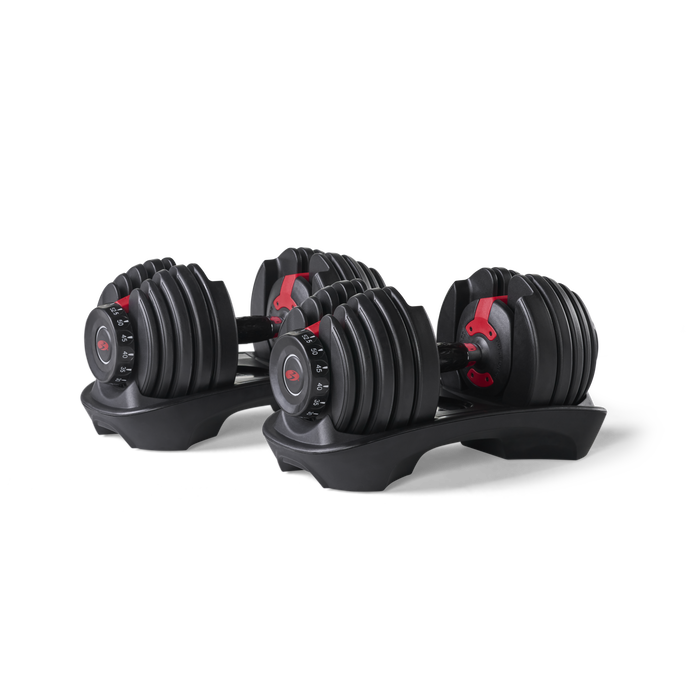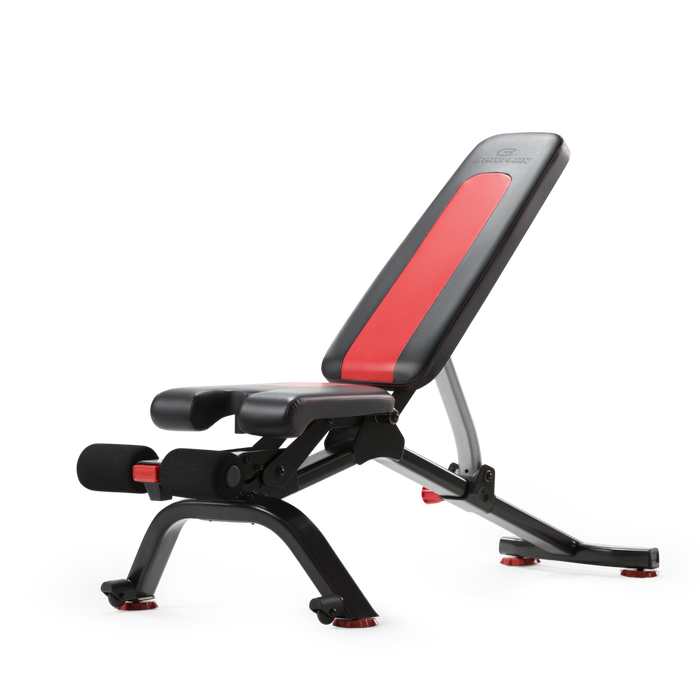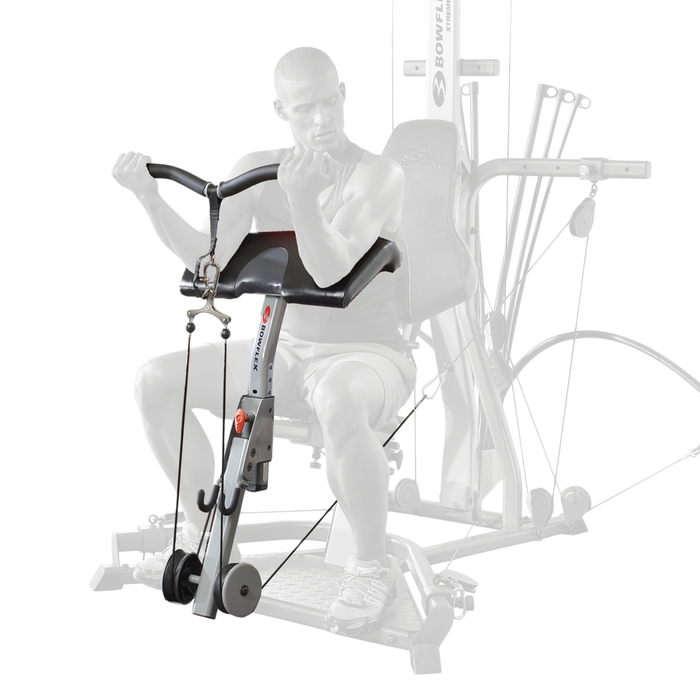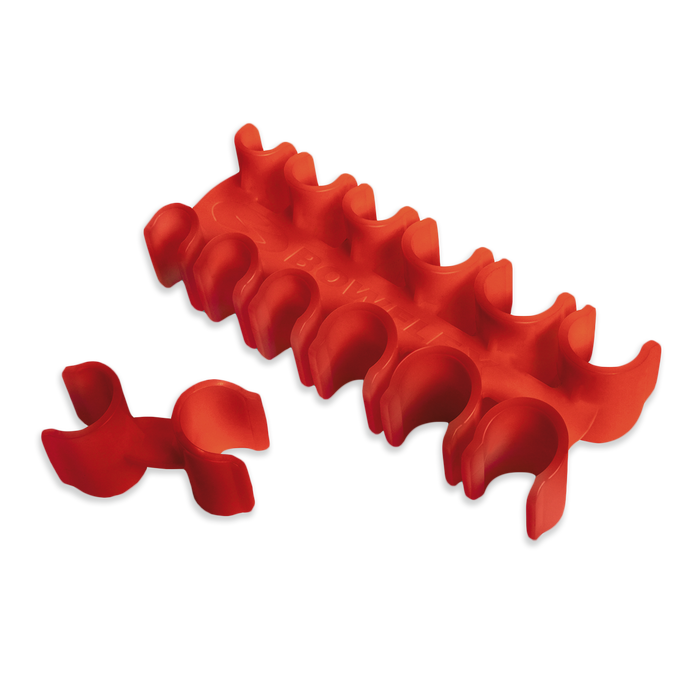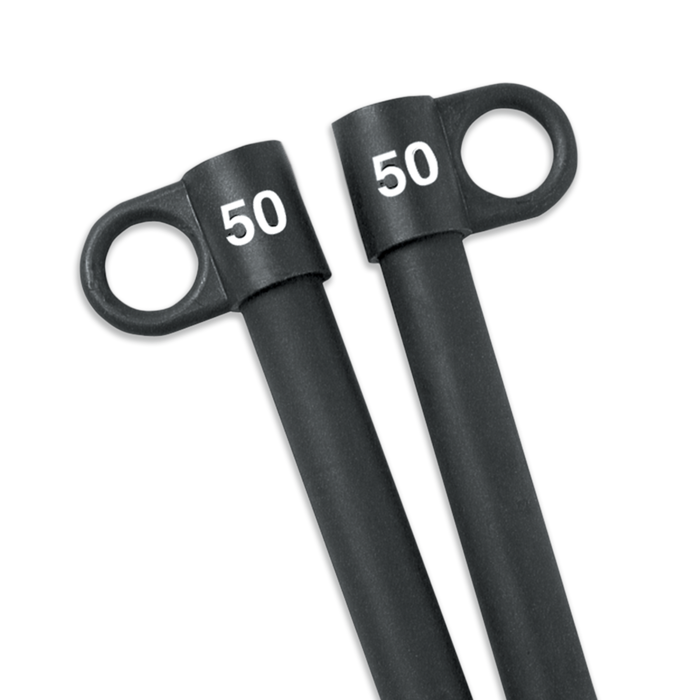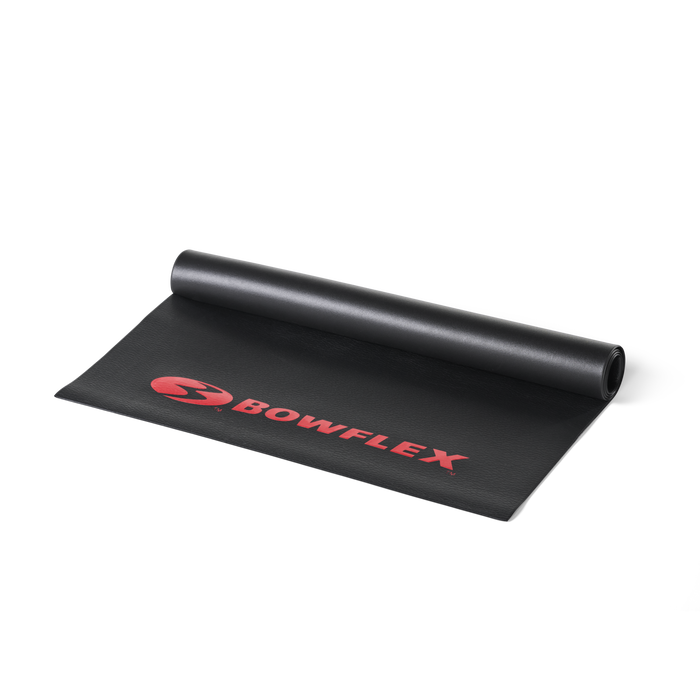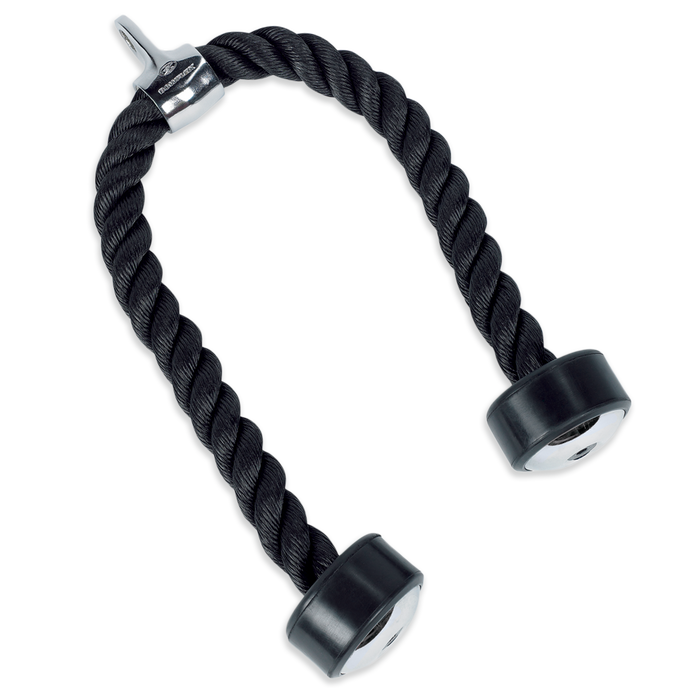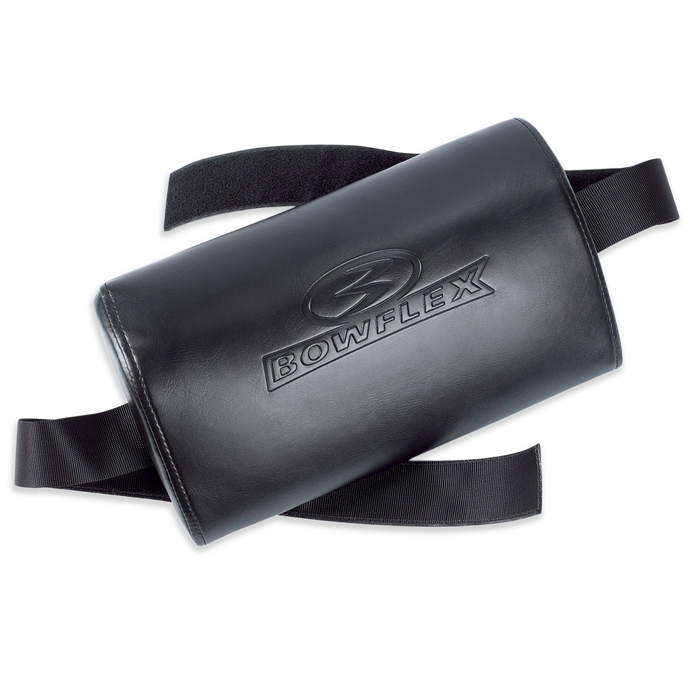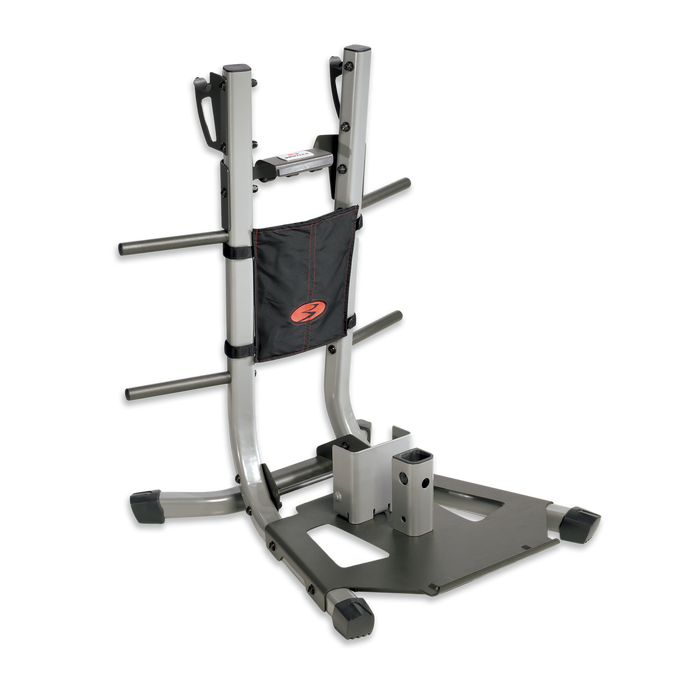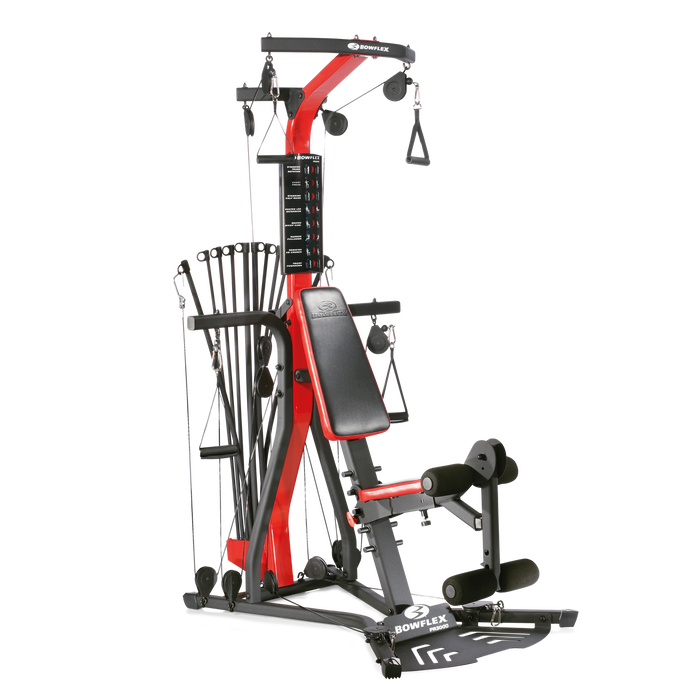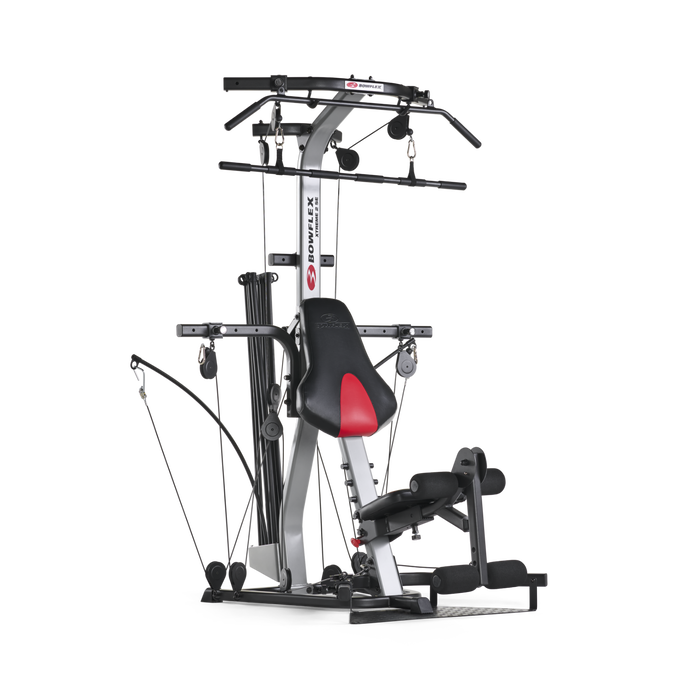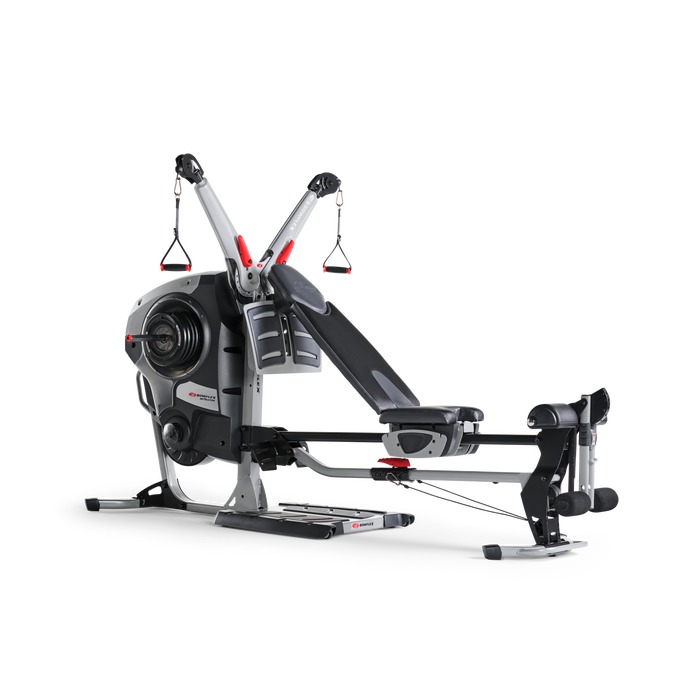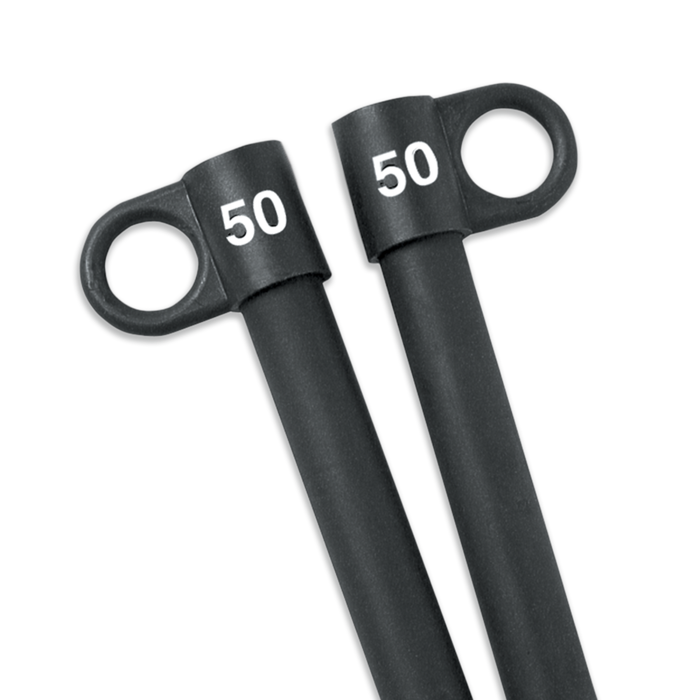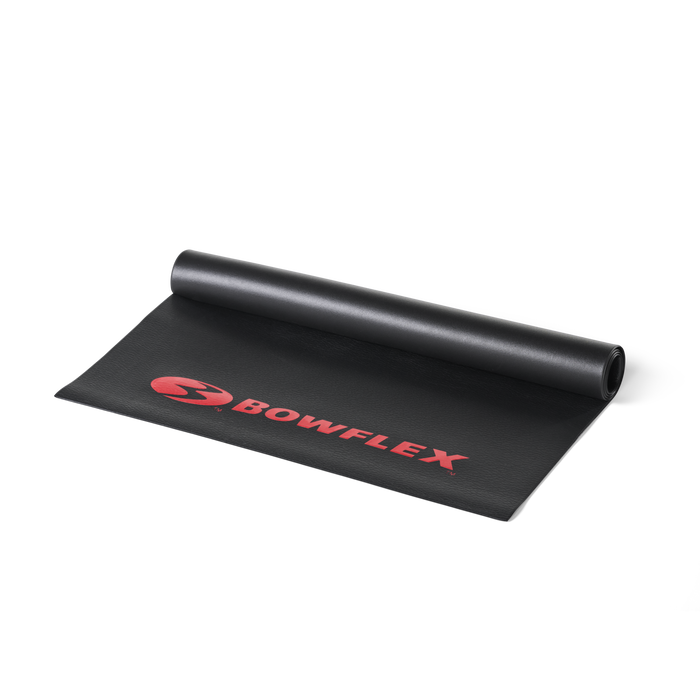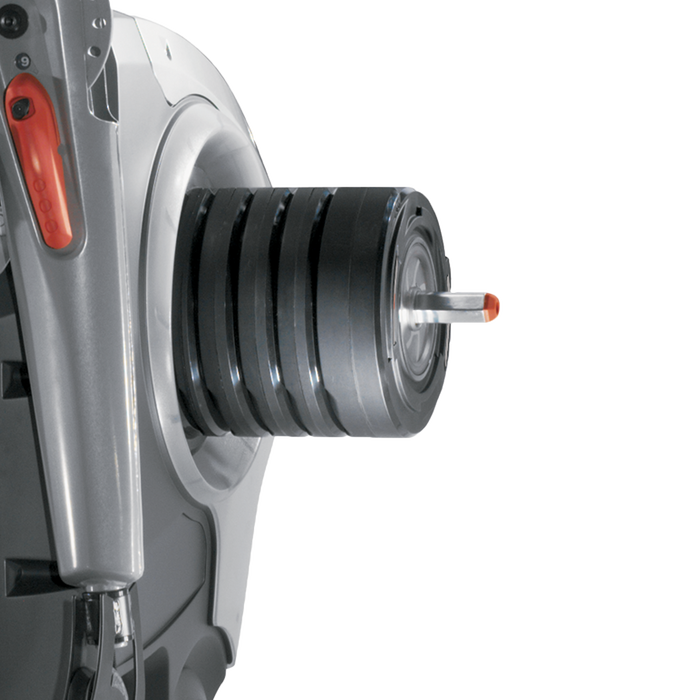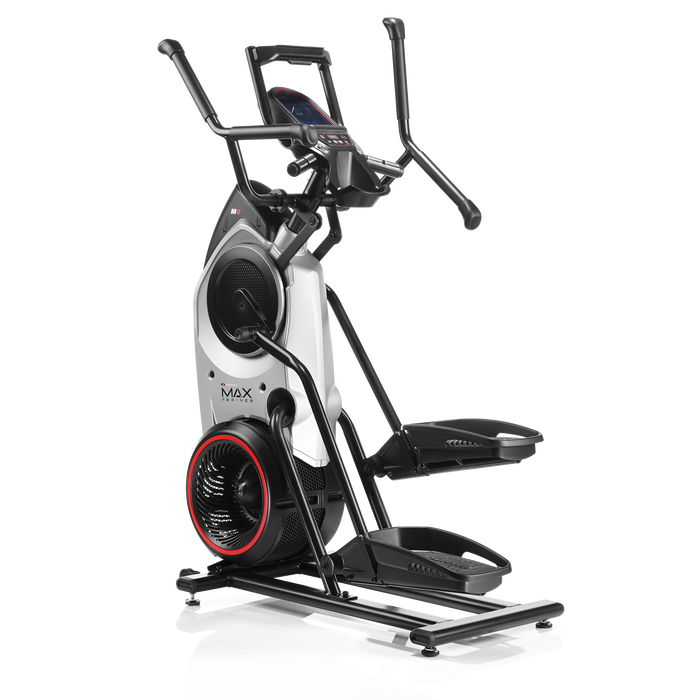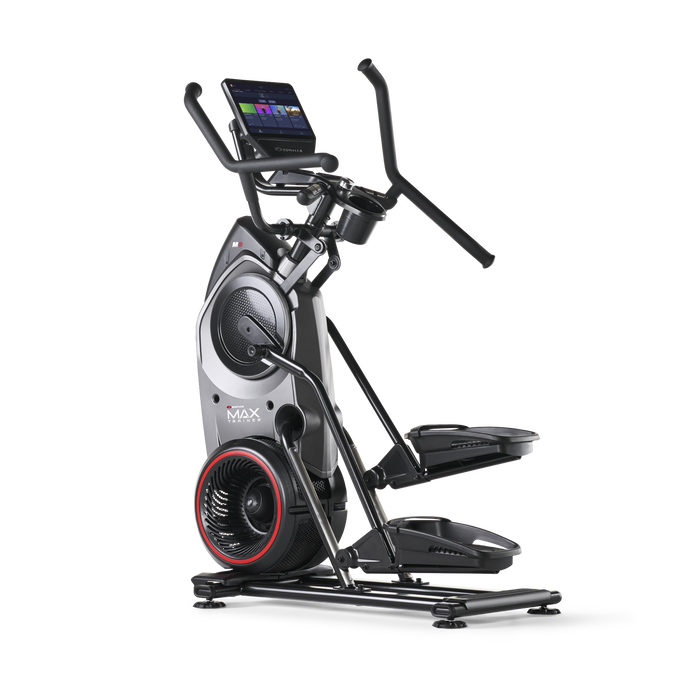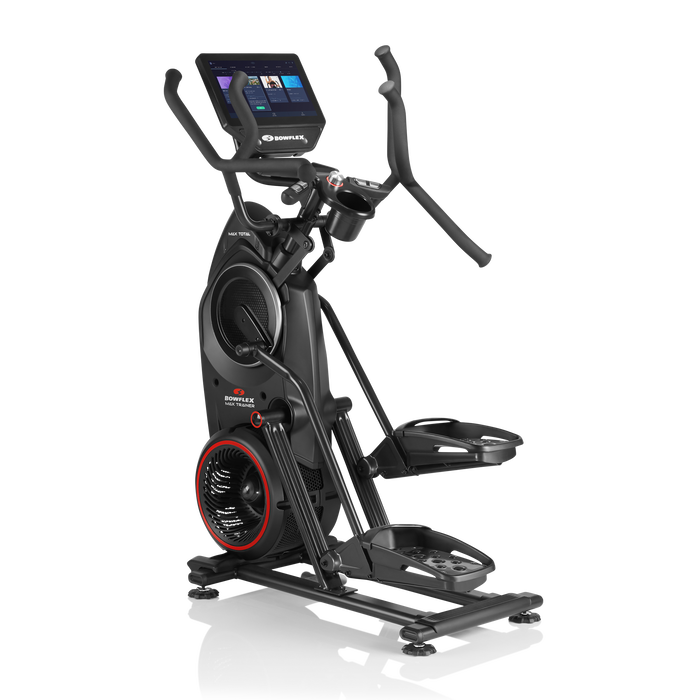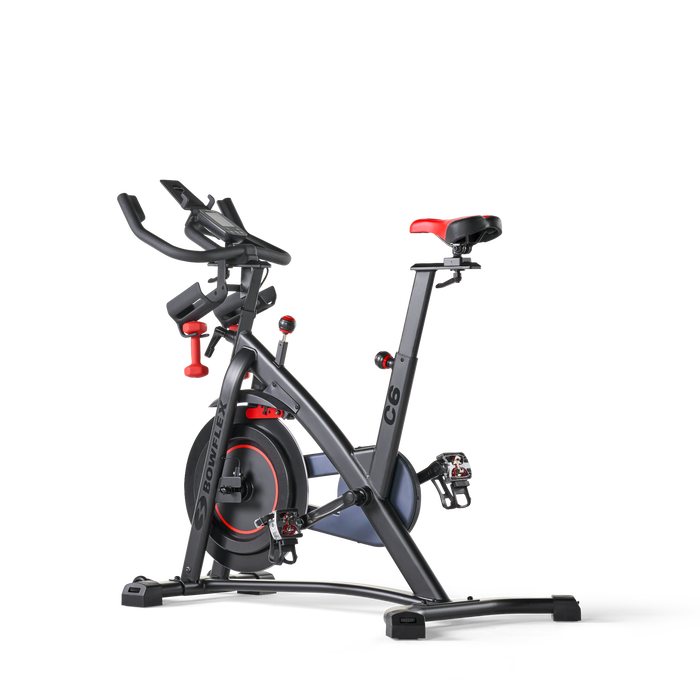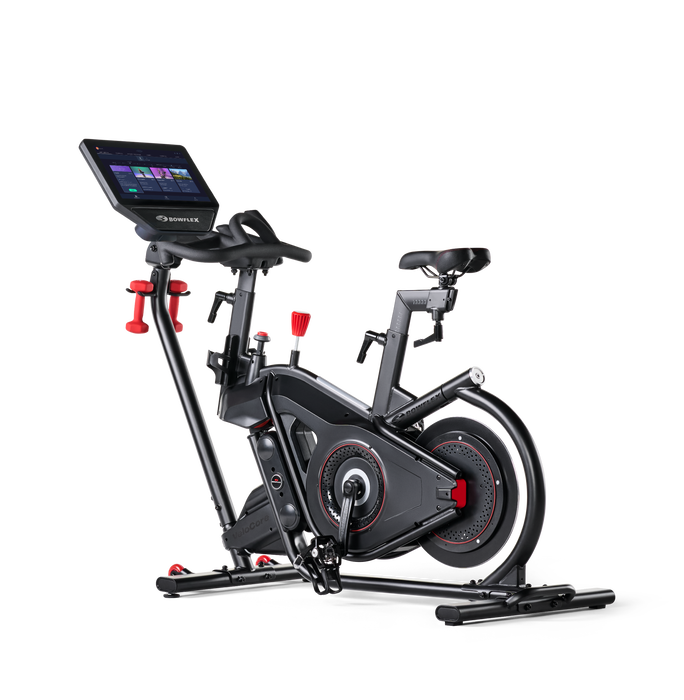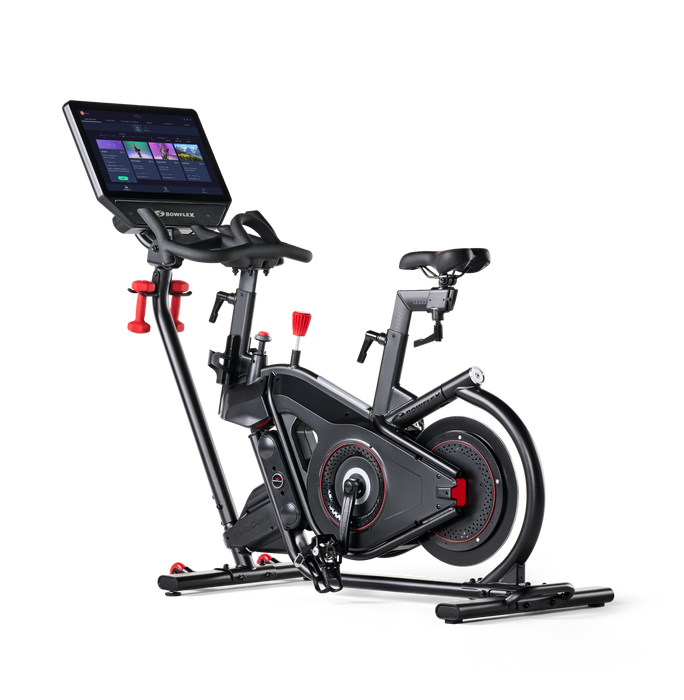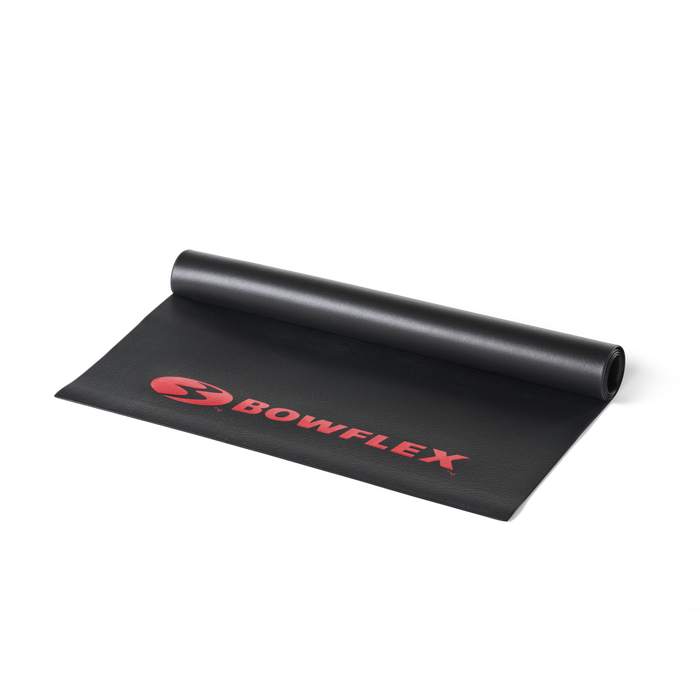Lose Weight Without Counting Calories

How much food should you be eating? Or in other words, how many calories should you be taking in to drop pounds? Folks trying to lose weight are looking for the answer to these questions and using food labels, calorie calculators and point systems, as well as stocking up on food scales and measuring cups to count every last morsel of food that crosses their lips and dutifully log it in their food journals.
Does this sound familiar? You keep hitting or staying under your calorie goal magically determined by your smartphone app, but your stomach is screaming a constant and genuine "Please feed me!" the entire day, and the scale has yet to budge. You fight through the hunger by chugging water, chewing gum and taking appetite suppressant supplements you read about. Does weight loss really have to be this torturous?
No, not at all. Chances are you aren't eating enough calories, stopping your metabolism dead in its tracks! Your body is trying to tell you this with hunger cues of epic proportions. If you feel like your brain is foggy, lightheaded on occasion, and you're no longer fun to be around because you're so cranky and low on energy you are just trying to get through the day, this isn't a way to live. And this is usually when you throw in the towel. Weight loss is just too hard! It's time to use a different approach.
Your first step in reversing this process and getting results is with three simple rules:
- Listen to your body.
- Eat slowly. Take at least 15 minutes per meal.
- Eat when you feel physically hungry and stop before you're completely full.
This is easier said than done because most of us ignore our hunger and fullness cues and are pretty out of touch with our bodies' needs. We're being consumed by other activities while we eat like watching TV, reading, driving, working, etc., and using food as something other than fuel. While eating is meant to be enjoyed, it's possible to reduce the amount you eat, swap healthier options for frequent junk food meals and still love food.
In addition to the three general rules listed above, try using the hunger-fullness scale to find the right balance of food for you, your body, and your goals. For optimal results, use this in combination with food logging and measuring portions, which both serve a purpose, and are tools I encourage my clients to use. BUT, they should never trump your body's physical cues.
The Hunger-Fullness Scale
1=Starving/Could Eat a Horse — 5=Pants-popping Thanksgiving Day Full
When you should eat: Feeling hungry, around a 2-3
When you should stop eating: Feeling comfortably full, at 3.5-4
